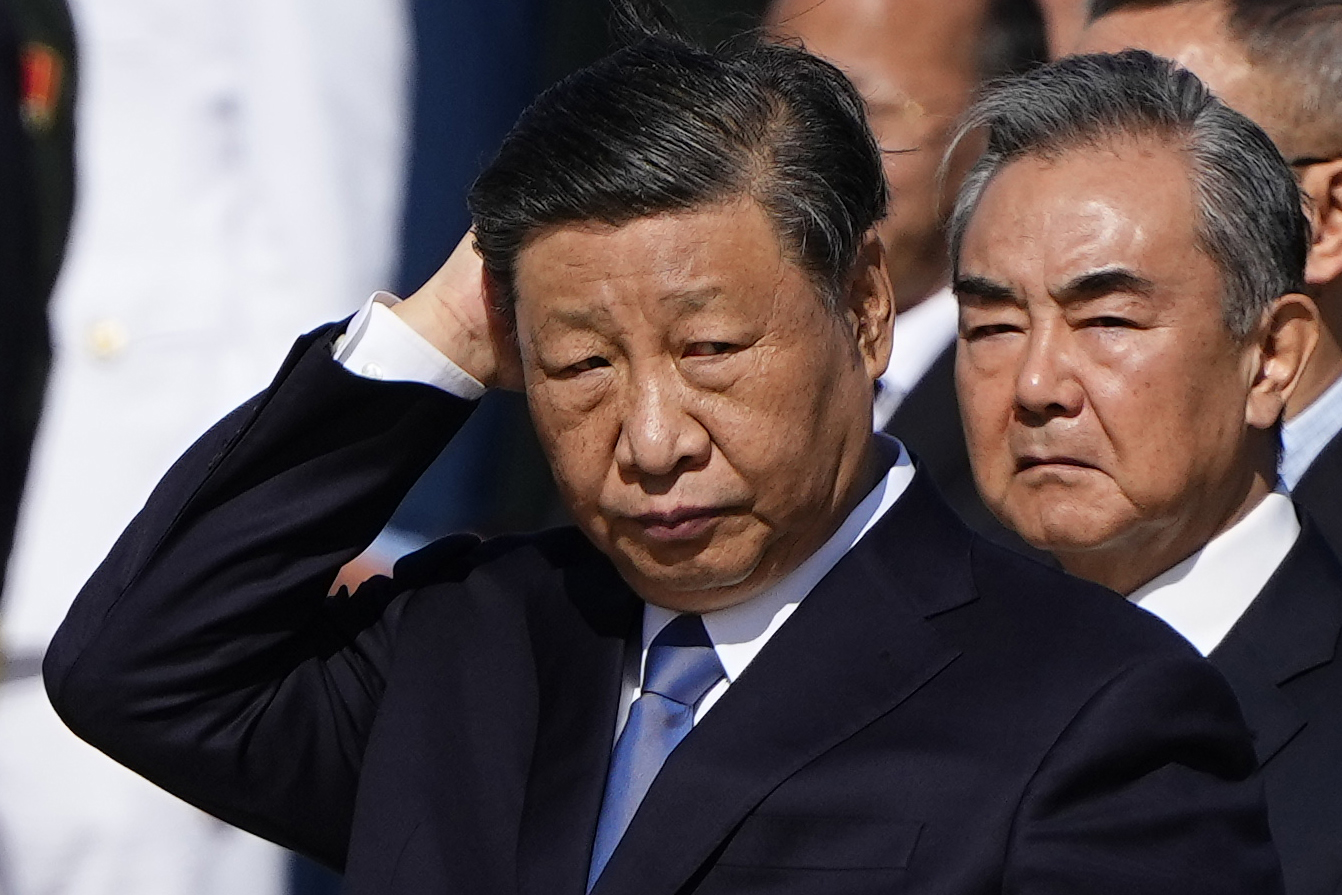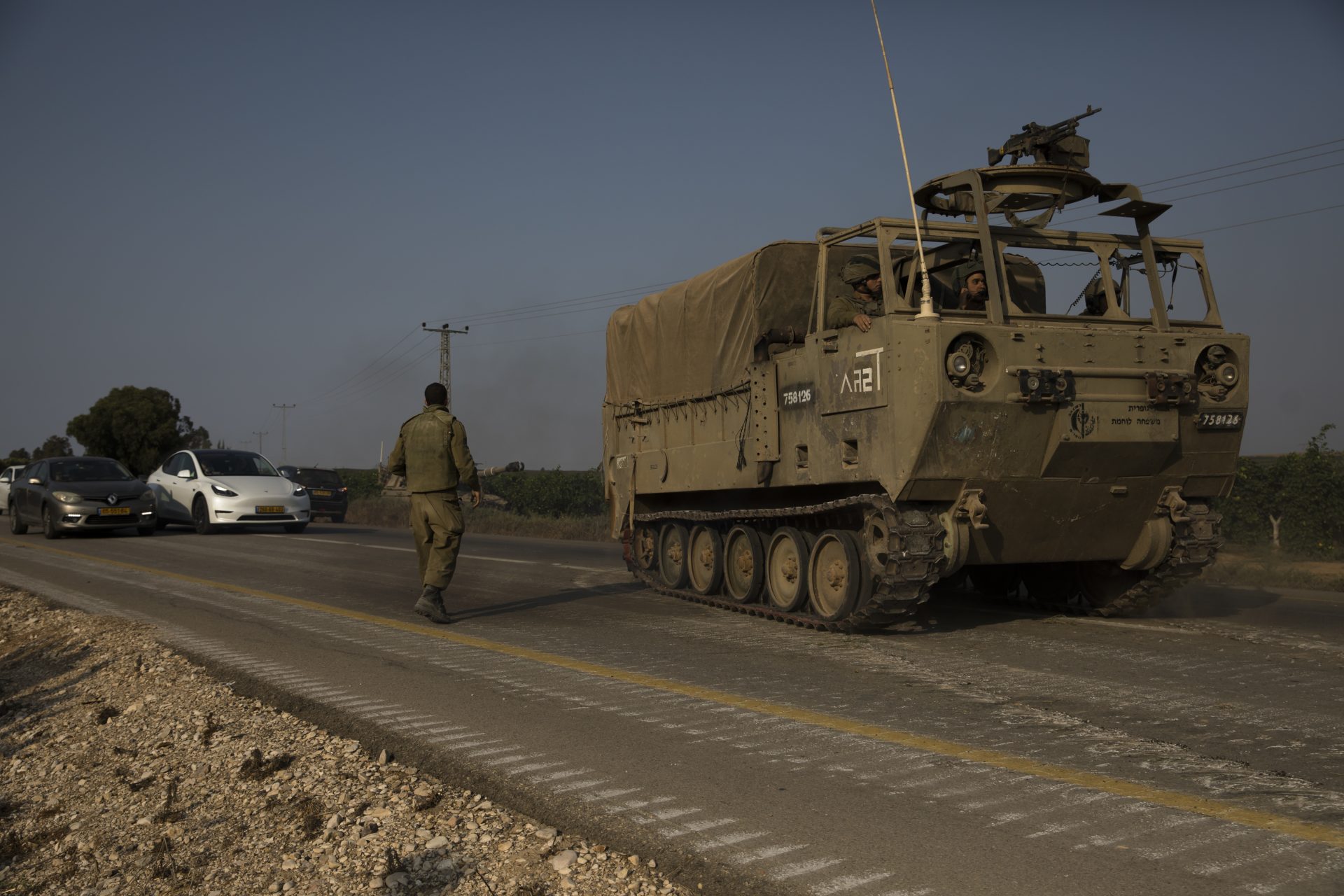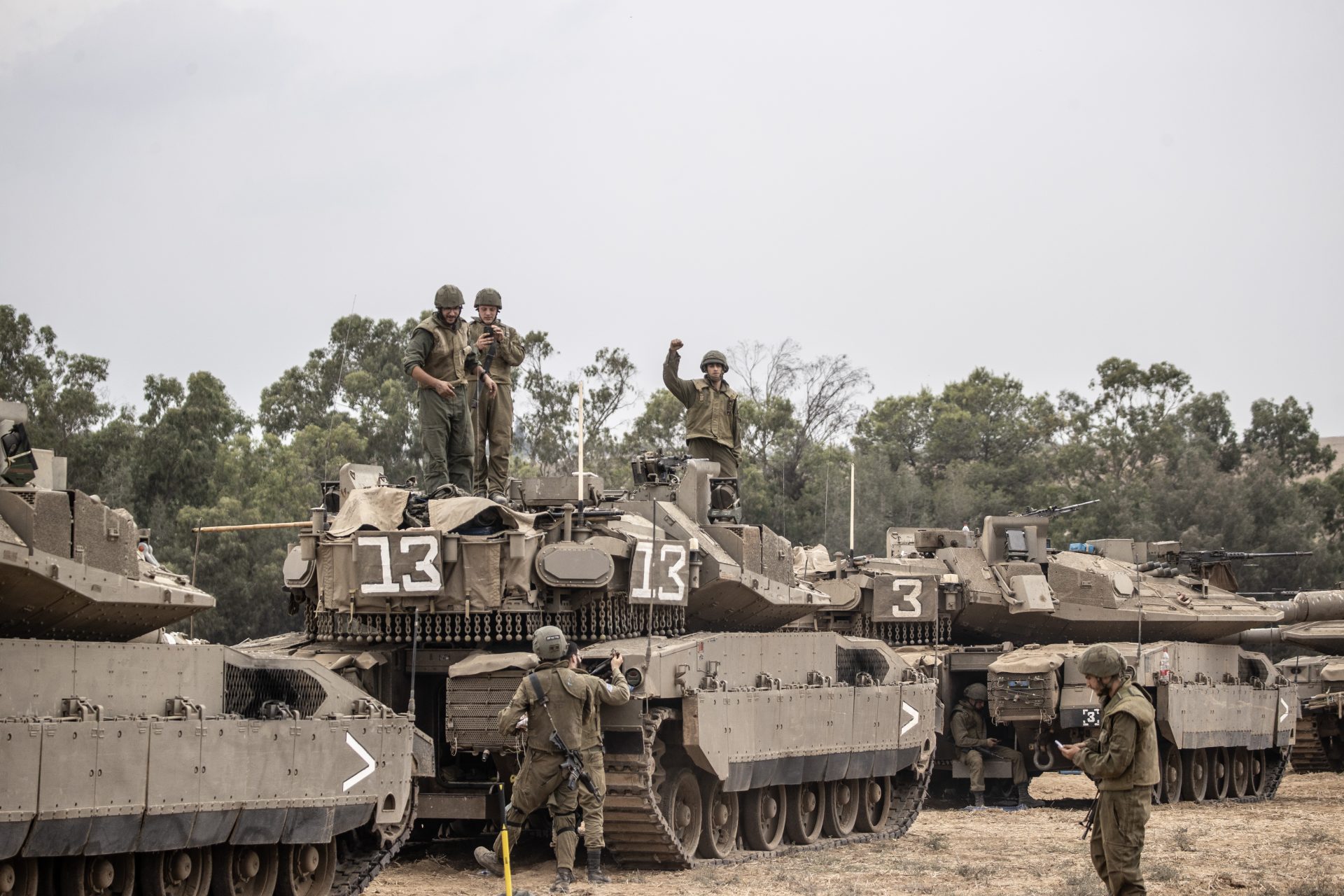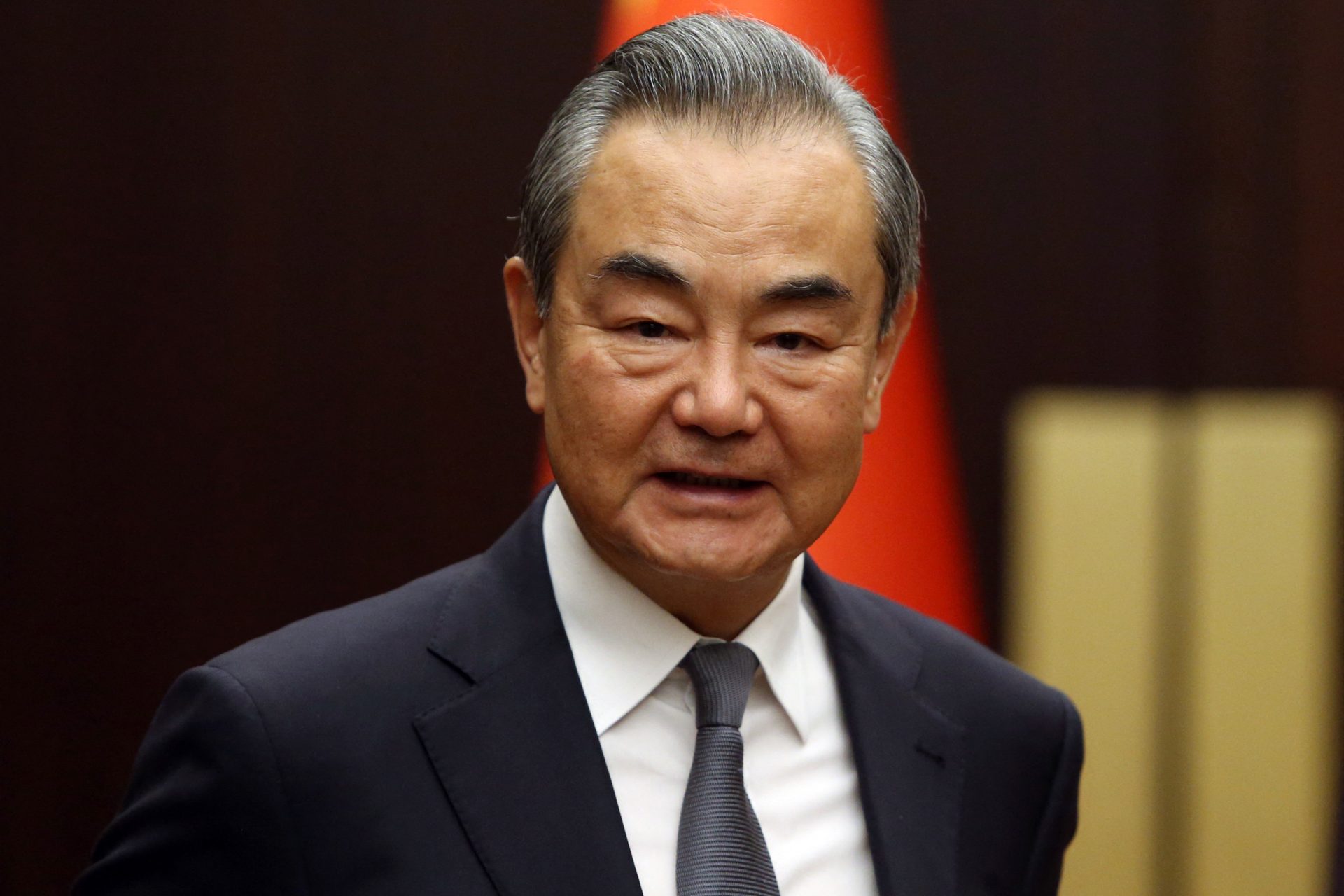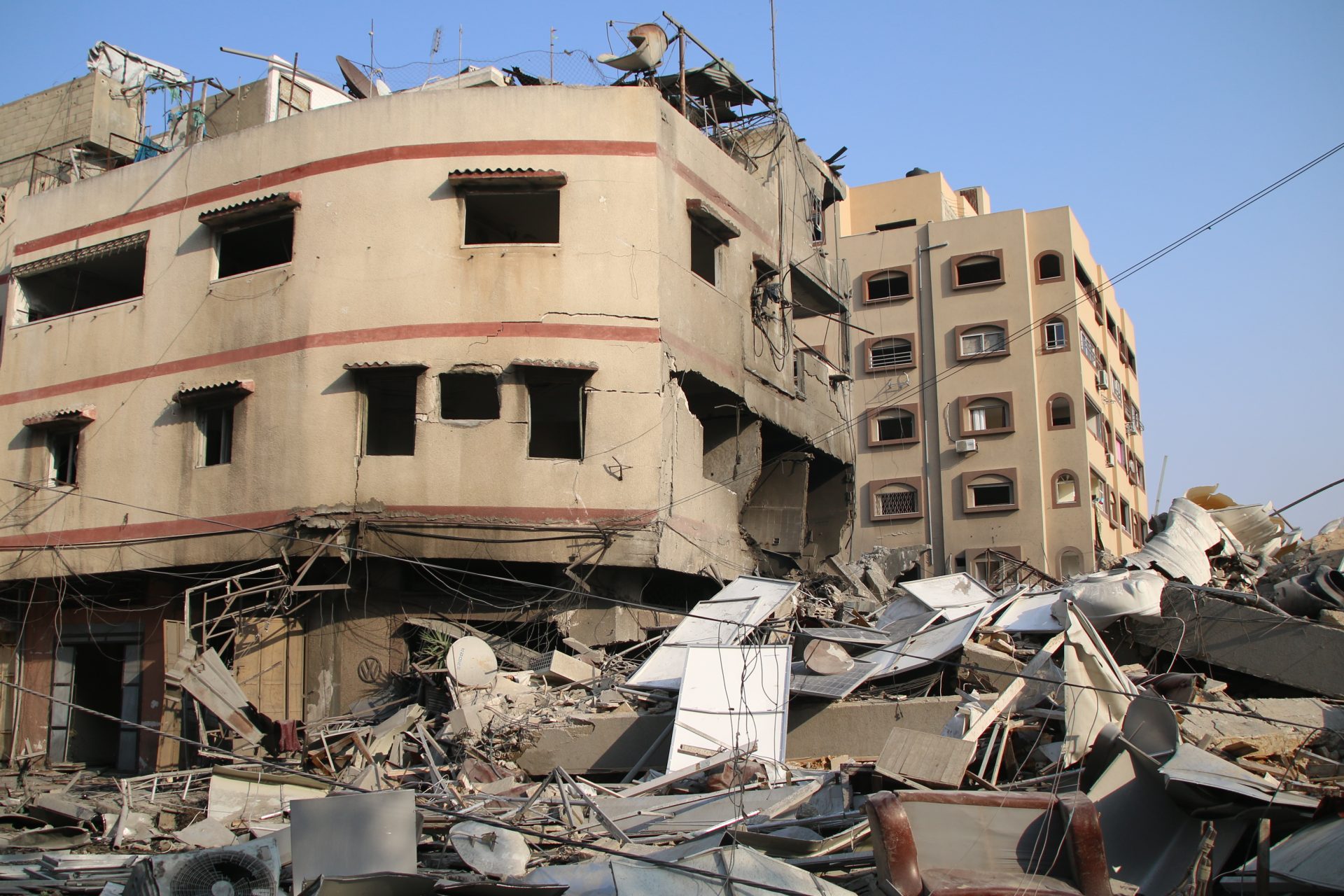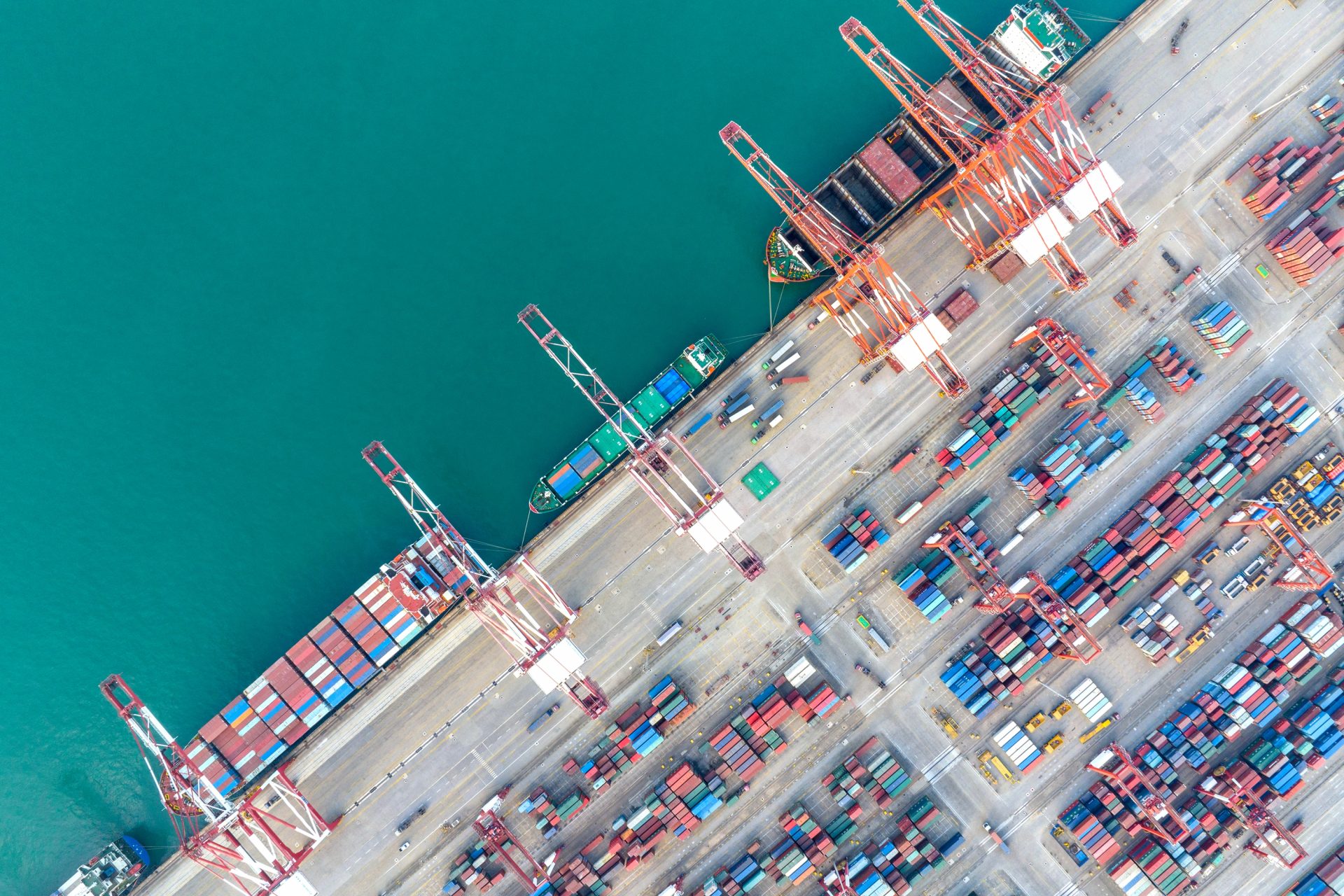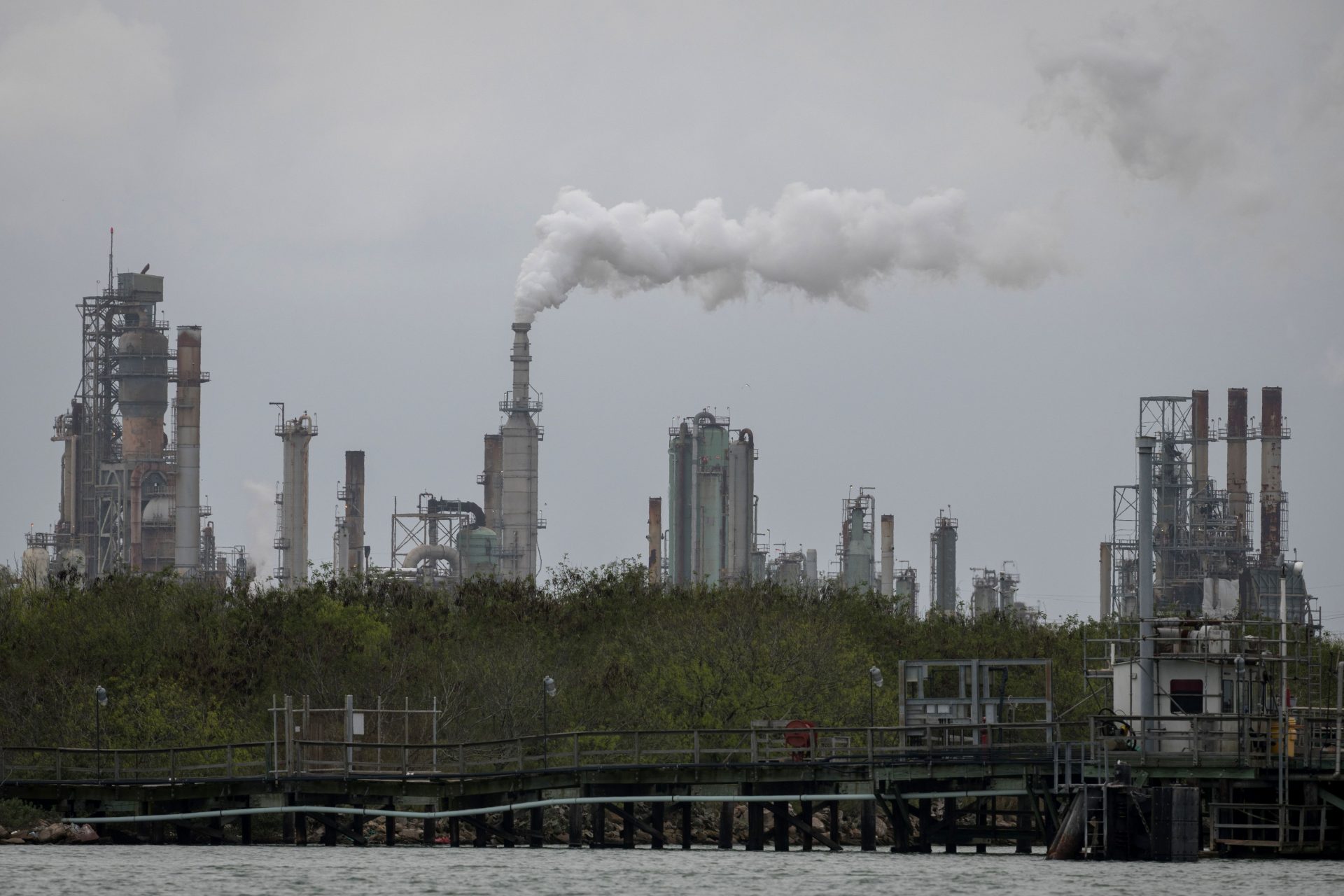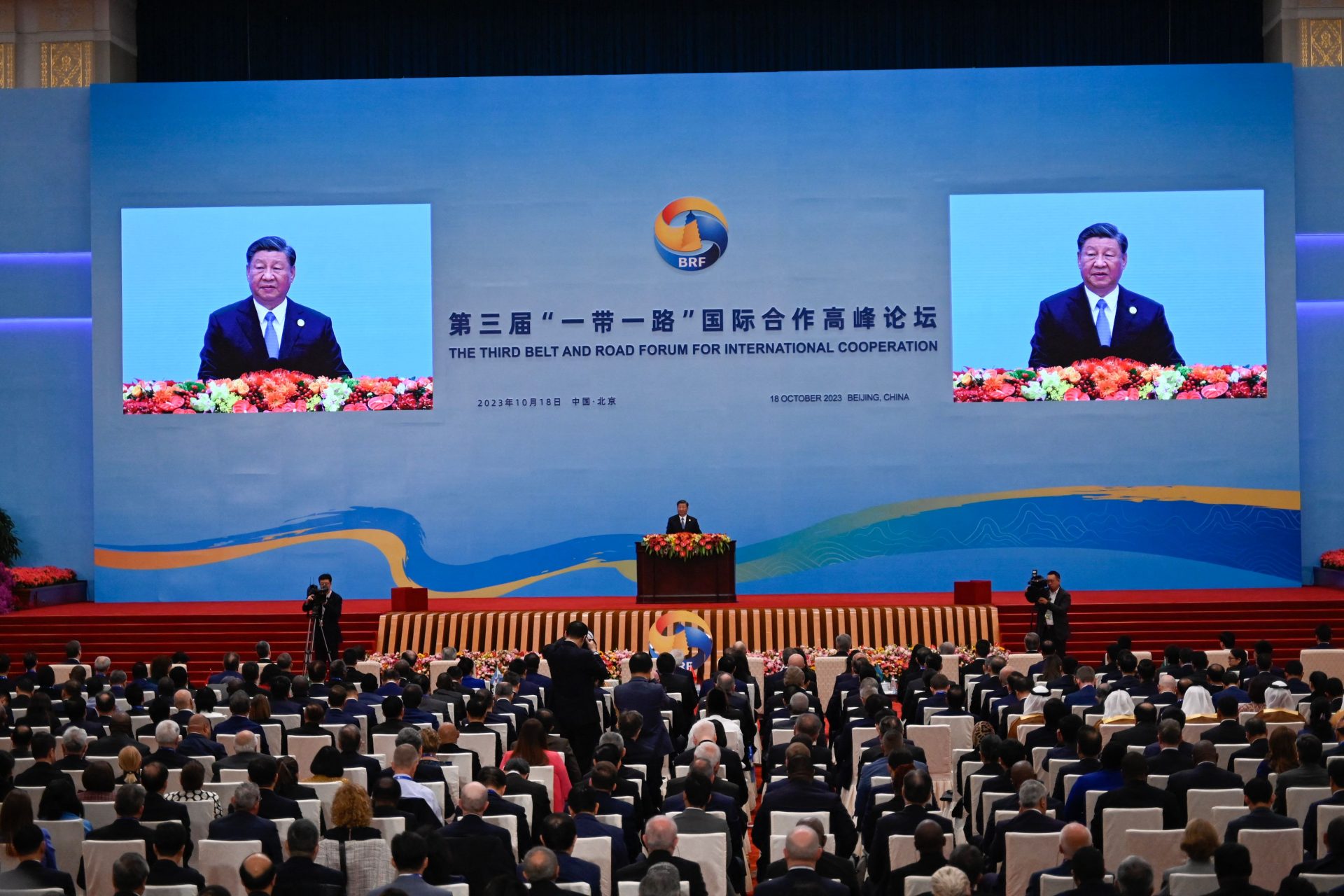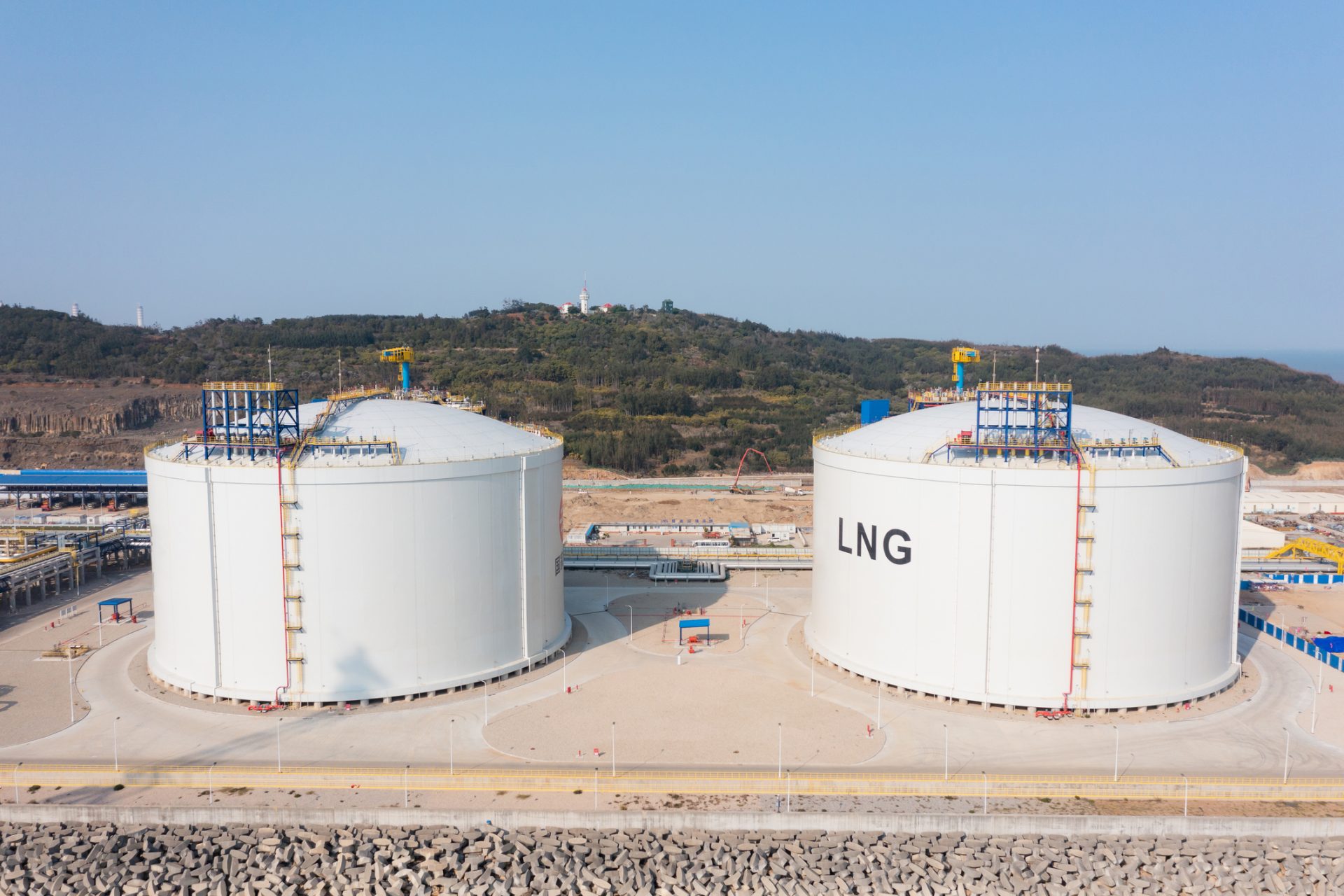China can’t afford a larger conflict in the Middle East
While the United States prepares for the possibility of a wider regional war in the Middle East, China is taking a different approach. Beijing has called for de-escalation but it isn’t just altruism that has China pushing for peace.
Just days after Hamas attacked Israel, a spokesperson from China’s Ministry of Foreign Affairs called on both parties in the escalating conflict to “remain calm” and asked for an “immediate end to the hostilities.”
The spokesperson explained that Beijing wanted to “protect civilians and avoid further deterioration of the situation,” something that has remained consistent throughout the country’s calls to de-escalate the situation.
China’s Foreign Minister Wang Yi reiterated Beijing’s call for de-escalation as recently as October 24th according to Time Magazine, which the news outlet noted was relayed during a phone call with Yi’s Israeli counterpart Eli Cohen.
“Every country has the right to self-defense,” Wang explained according to a statement from China’s Ministry of Foreign Affairs, “but should abide by international humanitarian law and protect civilians.” he continued.
“It is imperative to prevent further escalation of the situation that could lead to a worse humanitarian catastrophe,” Wang added. While the pursuit of de-escalation is a noble one, it is one that is likely also being done for economic reasons.
A wider war in the Middle East threatens Beijing's energy and economic interests in the region according to some analysts, and Axios reported this comes at a time when China is facing its worst economic problems in decades.
Answering why China has a major interest in ensuring peace in the Middle East comes down to the same reason most international states have an interest in making sure that the broader region doesn’t explode into war—oil.
China is the number one buyer of Saudi Arabian oil according to Andon Pavlov, lead oil products analyst with the Vienna-based global trading firm Kpler, who told the New York Times that over one-third of China’s oil comes from the Persian Gulf.
Beijing has also been buying more oil from Iran and tripled its oil imports from the country in the previous two years. A good example of China's reliance on Iranian oil comes from September when China purchased 87% of the oil that was produced in Iran that month.
With so much of China’s oil coming from sources in the Middle East, it has exposed the country to the current instability in the region according to Philip Andrews-Speed of the National University of Singapore.
The Middle East is also a cornerstone of Beijing’s Belt and Road Initiative and has seen Chinese investments into the countries in the region rise by 360% since 2021 compared to its investments in 2020 according to a study from Fudan University.
An escalation of the current conflict between Hamas and Israel that leads to a wider war in the region would not only hurt China’s investments in the Middle East but could also hurt the country’s economy according to some analysts.
“Regional conflagration means long instability and long instability means no business for China in the Middle East,” Ahmed Aboudouh, an Associate Fellow at the London-based think tank Chatham House, told CNN.
“Of course, China doesn’t want to see its economic interests bleed,” Aboudouh added, and this is likely why China has been using its diplomatic pull in the region to push for peace before the situation escalates out of control.
Whether or not China’s diplomatic might can help the Middle East navigate away from a broader war has yet to be seen. But any efforts to avoid a regional war should come as welcomed help since a larger conflict isn’t good for anyone.
More for you
Top Stories



